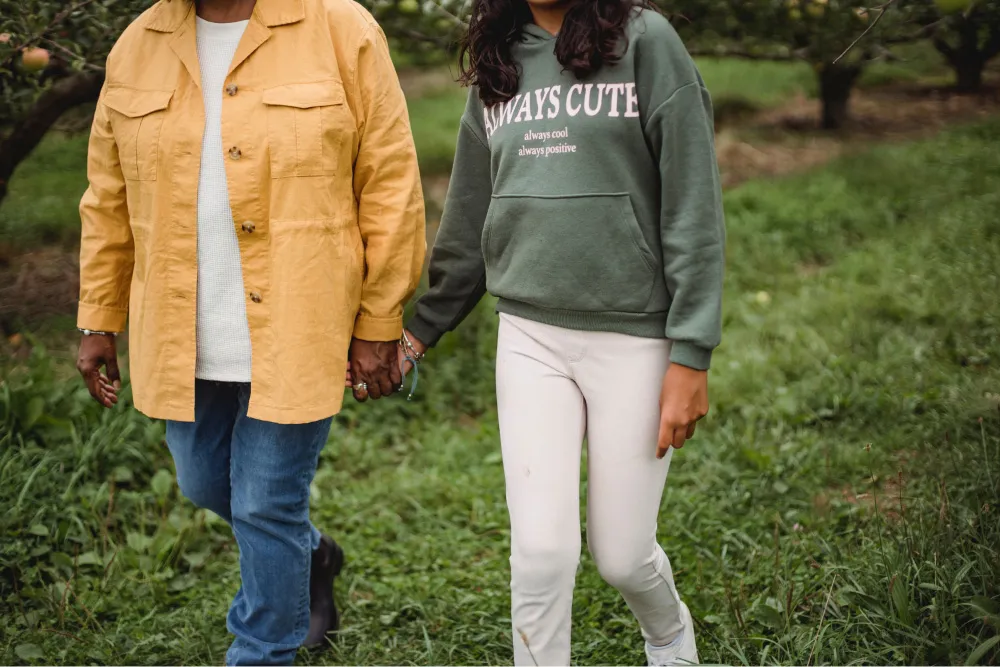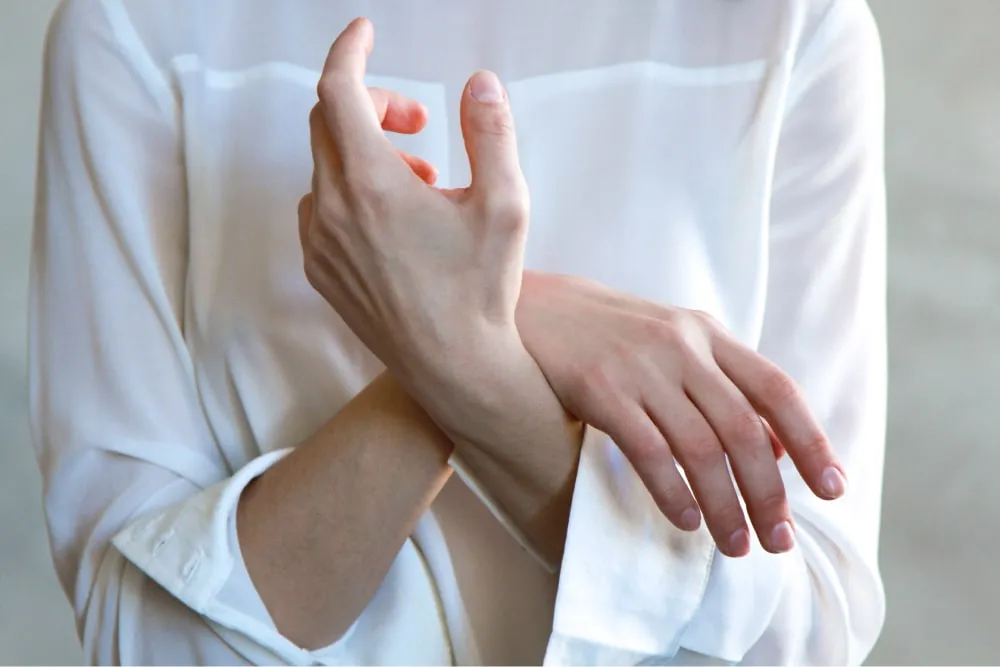Radical self-love defined
Radical self-love involves accepting yourself, caring for yourself, and knowing you are more than enough, and inherently worthy of love, respect, and compassion. Loving yourself is a radical act in a society that constantly tells us we aren’t good enough, we need to lose weight, have bigger muscles, a smaller waist, and so on.
The society we live in doesn’t want us to love ourselves. It wants us to hate ourselves, so we feel shame, buy into diets, detoxes, cleanses, and exercise equipment, accept cruelty and abuse, and don’t demand change. These concepts are so ingrained in our brains, thanks to the messages we get from all angles and media outlets, we often aren’t even aware of how these insidious forces work. But when we choose to radically love ourselves, we are rejecting everything we’ve been taught to hate in ourselves. We are forging a new and loving path to happiness.
Radical self-love is an ongoing process that involves unlearning toxic beliefs about inferiority and body image and replacing them with self-acceptance and compassion. And it’s not just a belief that you are more than good enough; it’s taking action by caring for your body and mind. It involves engaging in activities and practices you truly enjoy, not things you feel obligated to do because you think you “should” do them to be “healthy.” Because this mindset often backfires and does more harm than good, leaving you feeling much worse. Being mindful, intuitive eating, and seeking out activities and movement you actually like are a few things you can do to practice radical self-love.
Why radical?
This movement defines radical as extreme, particularly when associated with change or deviation from norms. Their self-love is radical, as in, anarchist, as in, emphasizing social, economic, and political reforms.
The Body is Not An Apology believes self-love is the origin of our relationships with ourselves and our bodies and society is responsible for the discrimination, body terrorism, and shame we internalize and experience. Self-love is innate. We are born loving ourselves. We only need to return to our origins.
This movement holds that radical self-love enables us to engage in radically loving others, in leading our lives with compassion, empathy, and mutual care and respect. The Body is Not An Apology is a powerful movement, because they assert that the closer we move to radical self-love, the more we become empowered and a force for societal change.
What is body terrorism?
The Body is Not An Apology refers to body terrorism as the violence associated with the hatred of othered bodies, such as people of color, queer and transgender people, people living in larger bodies, and people living with disabilities.
From racist violence, like slavery and lynching, to forced sterilization of disabled people and sexual assault and murder of queer and transgender people, especially trans women, body terrorism is prevalent throughout the world. And this violence is responsible for countless deaths and physical injuries, as well as severe psychological consequences caused by shame, like eating disorders, self-hatred, stigma, and internalized homophobia, transphobia, anti-Blackness, ableism, sizeism, and beyond.
Loving yourself in the face of global body terrorism is a radical, self-empowering act. It shifts the power from external forces to ourselves. We have something that no one can take from us, and that’s a deep and loving relationship with our bodies.
How to practice radical self-love
After years of learning to hate yourself, your body, and who you are, it can be difficult to just flip a switch and begin loving yourself. It will take time and practice. But everyone is capable of learning to love themselves.
Here are some tips on how to practice radical self-love:
- Love every part of you: This includes loving your perceived flaws—which may not even be actual flaws. It means loving every part of your body and your personality. It means loving your quirks and your neuroses.
- Be your own very best friend: This means treating yourself how you would treat your best friend in the world and practicing forgiveness, kindness, and grace.
- Listen to yourself over others: It can be easy to let the overwhelming voices of others drown out your own voice, but set an intention to listen to yourself above everyone else. You are the expert on your body, your mind, and your heart, and you know who you are and that no one can take your worth from you.
- Write down and recite affirmations: Write down a list of affirmations that resonate with you and put them somewhere where you will see them every day, such as above your desk. Commit to reciting them several times a day, not just saying the words, but really tuning into them.
- Question your negative self-beliefs when they arise: If you find yourself thinking negatively about yourself, whether it’s about the type of treatment you deserve or criticism about your body, you need to challenge these thoughts, where they came from, and why you’re thinking them, so you can then replace them with more loving and generous thoughts.
- Do things that bring you joy: Doing things you love can help you feel better about yourself. If you love to play guitar, carve time out every day to play it and really be in the moment.
- Practice gratitude: Creating a gratitude practice can help you to keep things in perspective and to acknowledge all of the wonderful things in your life. You can try writing down three things you’re grateful for when you wake up in the morning or at night.
If loving yourself doesn’t come easy at first, don’t give up. We’ve been conditioned for our entire lives to hate ourselves and pick apart our flaws, so be gentle and forgiving with yourself. As time goes on, you’ll find it’s easier and easier to not only accept but celebrate who you are.


























